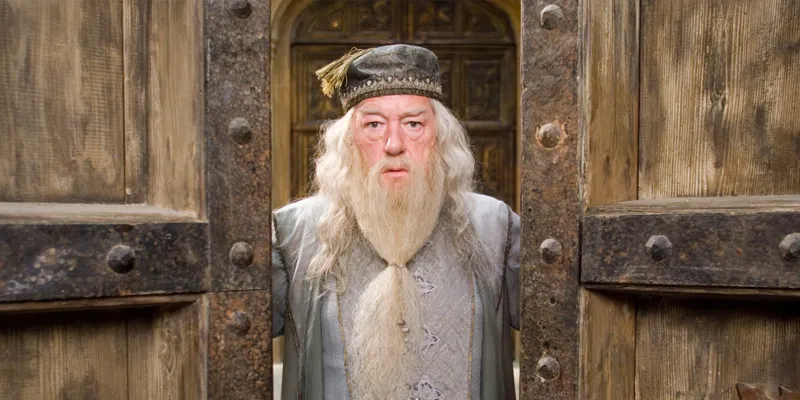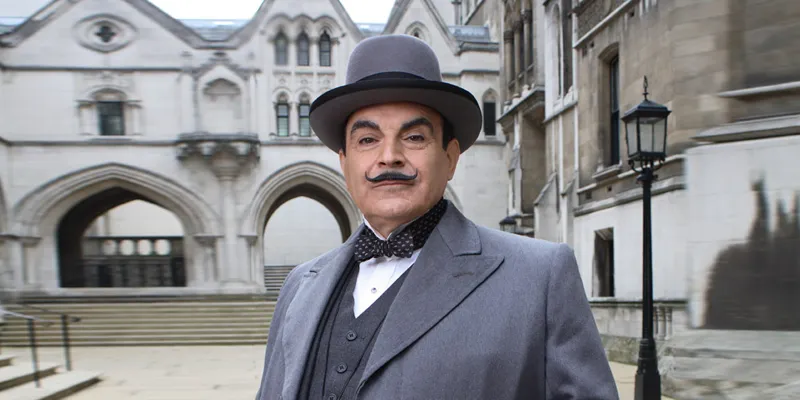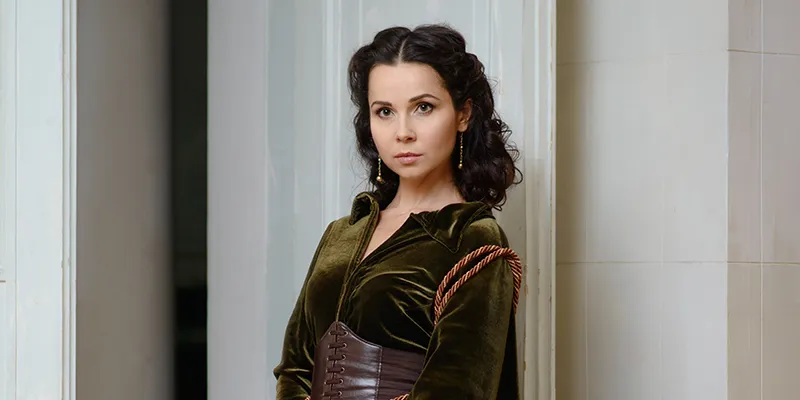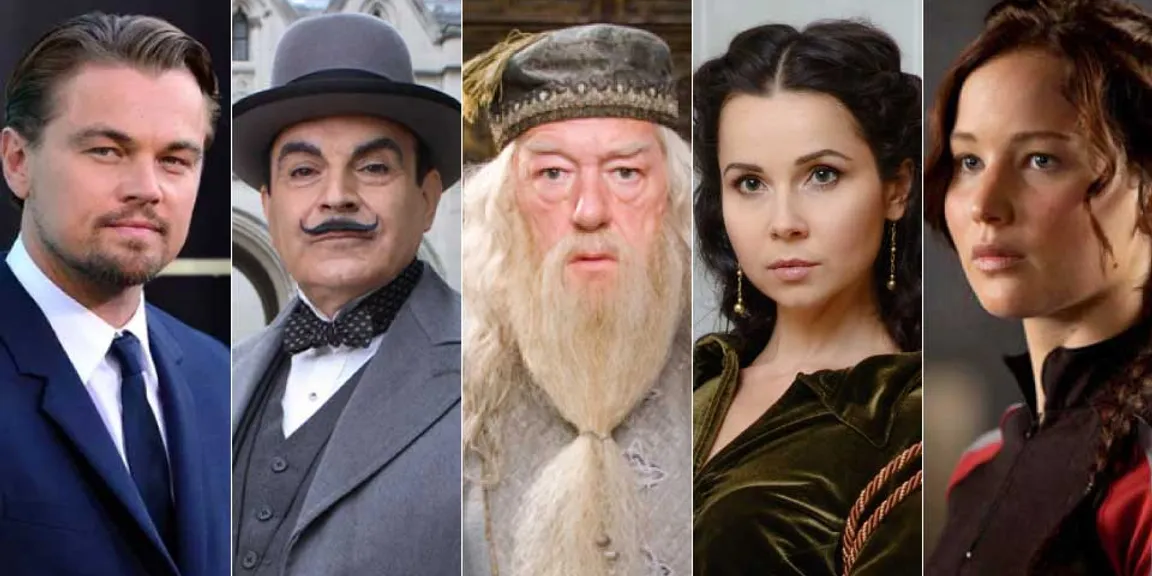5 life lessons that startup founders can learn from these fictional literary characters
Characters from books often stay with us long after the story is over. Here are five top fictional literary characters and the lessons startup founders can learn from them
Inspiration can be found anywhere, but it’s most often hiding between the pages of a book. In Roald Dahl’s Matilda, books transported the little girl “into new worlds and introduced her to amazing people who lived exciting lives. She went on olden-day sailing ships with Joseph Conrad. She went to Africa with Ernest Hemingway and to India with Rudyard Kipling. She travelled all over the world while sitting in her little room in an English village”.
Be it Sherlock Holmes, Elizabeth Bennett, Atticus Finch, or Hermione Granger, fictional literary characters never fail to provide a daily dose of motivation and inspire us to get started on that to-do list. Here’s a list of life lessons that every startup founder can learn from fictional literary characters.
#1 Set your goals, chase your dreams
Jay Gatsby, The Great Gatsby
He made his appearance almost 95 years ago in The Great Gatsby, and has since then become synonymous with mystery, glamour, and obsession. But if there’s one thing that Jay Gatsby stands for, it’s optimism.

Leonardo DiCaprio as Jay Gatsby in The Great Gatsby
As Nick Carraway, the novel's narrator, says: “he's the single most hopeful person I've ever met”. Gatsby is the quintessential American hero, a “striver” looking for that second chance, a fresh start, that elusive win. He comes from humble beginnings, but believes that no ambition is too big if it’s coupled with drive and focus.
He shows us the importance of first impressions – so critical to every entrepreneur – and the necessity of networking to stay on top of the game. And so “we beat on, boats against the current, borne back ceaselessly into the past”. Clearly, persistence and tenacity can turn lofty goals into accomplishments.
#2 Lead from the front
Albus Dumbledore, The Harry Potter Series
Albus Percival Wulfric Brian Dumbledore, the inimitable Headmaster of Hogwarts School of Witchcraft and Wizardry, was wise beyond his years – and he had seen over a hundred birthdays! Despite his many skills, the Chief Warlock of the Wizengamot was a solid believer in team work.

Albus Dumbledore
He gave Remus Lupin a chance when no one else was willing to, took the fall for Harry's Dumbledore's Army (even leaving the school for a while), and was never too proud to admit that even “the best of us must sometimes eat our words”.
After all, as the astute headmaster said sagely: “It is our choices, Harry, that show what we truly are, far more than our abilities.” And that it “matters not what someone is born, but what they grow up to be”. Wise words that no entrepreneur can ever afford to forget.
#3 Use those little grey cells
Hercule Poirot, Agatha Christie novels

Hercule Poirot played by actor David Suchet
He's five-foot-four, full of himself, and has a serious case of OCD. Belgian detective Hercule Poirot is a man like no other. Ninety-nine years after crime writer Agatha Christie created his character, the bombastic detective can solve many mysteries for entrepreneurs.
Beginning with why it’s important to look for solutions on your own and tap the power the “little grey cells” wield. “It is the brain, the little grey cells on which one must rely. One must seek the truth within--not without,” Poirot says. “One does not, you know, employ merely the muscles… It is enough for me to sit back in my chair and think. It is this – “he tapped his egg-shaped head – “this, that functions!”
The secret of getting ahead, we all know, is getting started. And Papa Poirot believes that the best way is to let your mind lead.
#4 Know when to step back
Katniss Everdeen, The Hunger Games
In a dystopian society in Panem, Katniss Everdeen and 23 other teens must participate in a compulsory annual televised fight-to-the-death match called the Hunger Games. Only one will emerge alive from the brutal arena. And you thought entrepreneurship was ruthless?

Katniss Everdeen played by Jennifer Lawrence
Katniss knew the one truth of life that every founder should: it's not possible to win every battle and you often need to lose a few to win the war. She decided to step away from the bloodbath to stay alive for the next round.
She chose to hole up in the forest and bide her time till she could use her skill set to her advantage. Sometimes, it's important to take a step back or move sideways to keep pressing forward.
#5 You can survive anything
Scarlett O'Hara, Gone with the Wind
The protagonist of Margaret Mitchell's 1936 novel Gone with the Wind, Scarlett is – there’s no other word for her - unforgettable. She starts out life as a vain, spoiled, and self-centred girl, but stands out in the Old South. Simpering and pretending to be empty-headed ain’t for her! At 28, she's independent, strong, and often manipulative for she knows “hardships make or break people”.

Scarlett O'Hara played by Vivien Leigh
Waiting and wanting seldom work; you need to get out there and make things happen. Faced with failure, she chooses to prioritise. “I can’t think about that right now. If I do, I’ll go crazy. I’ll think about that tomorrow.”
And she rolls up her sleeves and gets down to doing the work that needs to be done – picking cotton when the slaves aren’t around, providing food and shelter to those who are, and working towards restoring her plantation to its former glory. The passionate Scarlett shrugs off societal expectations, calling on her inner reserves to survive every storm that rages in her life. “After all, tomorrow is another day.”






